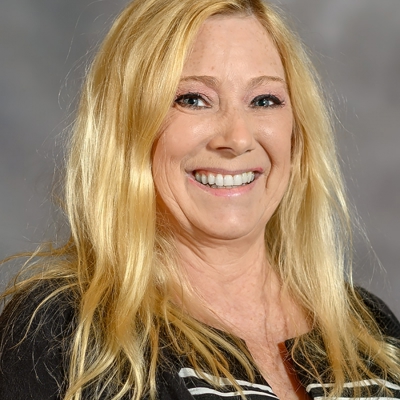Session
The Translation of Theory to Practice in the Midst of a Pandemic: Challenges in Higher Education
The Translation of Theory to Practice in the Midst of a Pandemic:
Challenges in Higher Education
Keywords: experiential learning, service learning, internship, pandemic, theory to practice
Contribution:
Authors describe the challenges that occurred in experiential learning as a result of the pandemic. Higher education relied on didactical and organizational learning environments to provide a scaffold within a remote delivery system from which the translation of theory to practice occurred, and to promote discourse on multiple perspectives when experiential learning opportunities were immobilized.
Abstract:
The translation of theory to practice is an important aspect of the higher education learning environment. Much of this translation occurs in the classroom setting through coursework, discussions, and case simulations. However, experiential learning opportunities provide a scaffold by which theory becomes reality. Experiential learning provides students with skill development and meaningful immersion (Samur & Duman, 2011; Caine & Caine, 1990).
Experiential learning comes in many forms, from services learning projects to clinical internships, and is used in a variety of disciplines to better prepare students for their foray into professional careers. These types of learning opportunities challenge studies by destabilizing their constructed knowledge, promote community awareness and exposure to social issues, in turn testing biases, and encouraging social responsibility (Nwokah & Leafblad, 2013; Guthrie & McCracken, 2010).
The worldwide pandemic has greatly decreased access to experiential learning opportunities. Internship settings, particularly in social sciences, became remote. The use of teleconferencing replaced face-to-face interactions. The relational aspects of the experiential learning environment quickly dissipated with little opportunity for students, faculty, and community organizations to creatively reproduce the hands-on effect of experiential learning. In turn, theoretical content no longer has the robust context of the community setting.
Industry is also impacted by this sudden shift. As students graduate and move into their chosen professions, their education will not be fully informed by experience-based learning opportunities. These opportunities are met with an increasing number of variables that change the learning environment context in which students must operate in order to successfully engage in an evolving world influenced by globalization, human needs, and technology. They may require additional training and orientation as part of onboarding and professional development, including institutional strategies and goals that are inclusive. The impact of digitalization plays a major role as students and faculty utilize relevant forms of collaborative strategic software.
As we have lost the positive effects of experiential learning, we must devise methods of replacing this with other skill-enhancing processes. This will require collaboration with industry, interdisciplinary partnerships, and a reliance on information technology to establish meaningful experiences that simulate face-to-face interactions, and potentially combine technology with relational opportunities for students and our communities.
References
Caine, G. & Caine, R. (1990). Understanding a brain-based approach to learning and teaching. Educational Leadership, 48(2), 66-70. https://eric.ed.gov/?id=EJ416439
Guthrie, K. L. & McCracken, H. (2010). Teaching and learning social justice through online service-learning courses. International Review of Research in Open and Distance Learning, 11(3), 78-94.
Nwokah, E. & Leafblad, S. (2013). Service learning to promote brain-based learning in undergraduate teaching. Journal of Excellence in College Teaching, 24(3), 69-98.
Samur, Y. & Duman, B. (2011). How an awareness of the biology of learning may have an effect on performance. Education as Change, 15(2), 257-270.
Please note that Sessionize is not responsible for the accuracy or validity of the data provided by speakers. If you suspect this profile to be fake or spam, please let us know.
Jump to top
